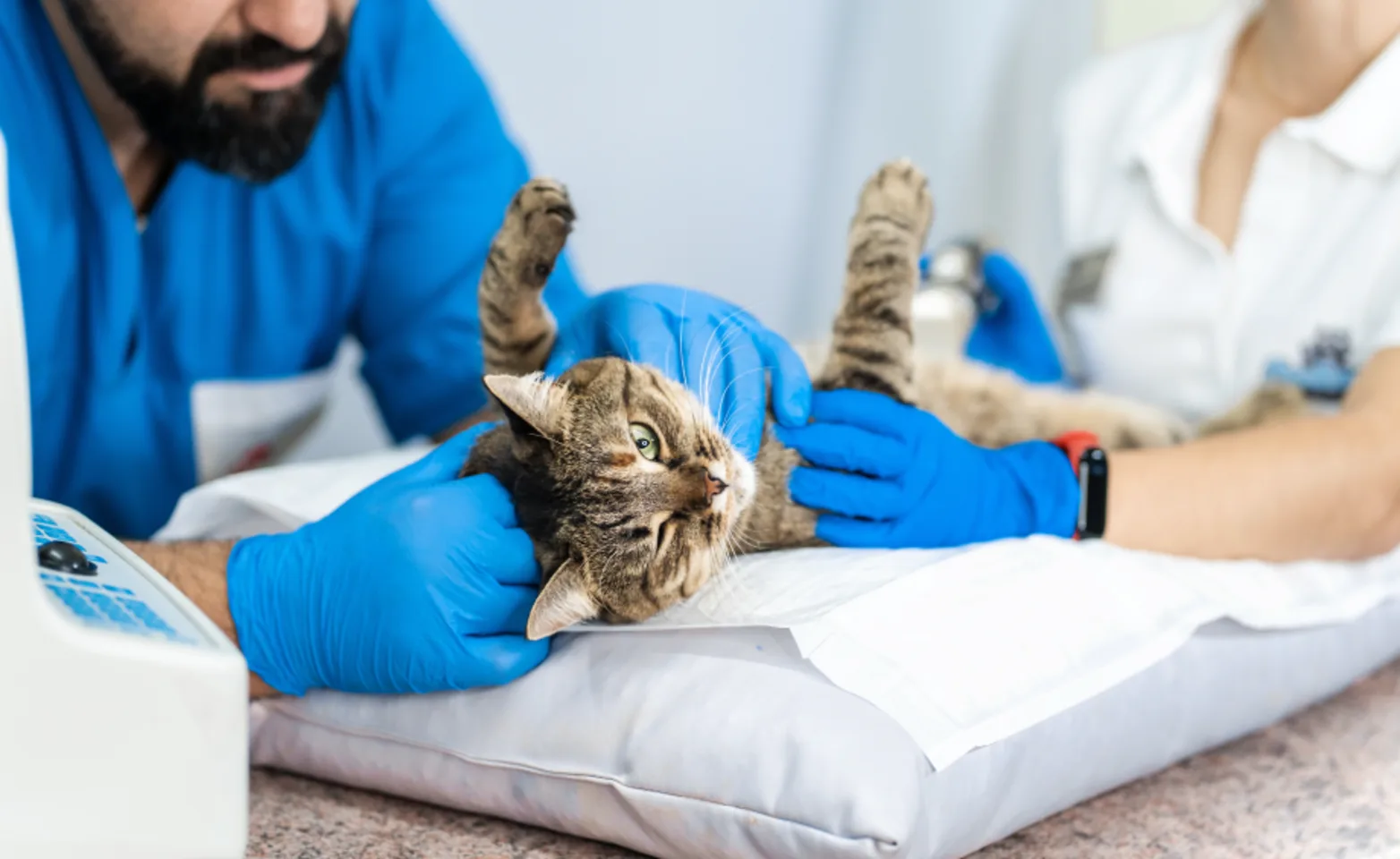Animal Emergency Hospital of Grand Rapids
How to Tell if Your Pet is Having an Emergency
Not all pet injuries and illnesses require immediate medical attention. However, if you pet is experiencing any one of the below pet health emergency symptoms, please call us or visit our animal hospital right away:
Not breathing or visibly struggling to breathe
Unresponsive or unable to rouse
Obvious broken bone
Open wounds or active bleeding
Anaphylactic shock
Heatstroke
Collapse
Gums or tongue are pale (white) or blue
Bite or sting from a venomous snake or insect or that is causing a severe reaction
Bite wounds
Sudden paralysis of the back legs
Seizures that last longer than five minutes, multiple seizures in a row, or the first seizure in your pet
Severe abdominal distension
This list is not exhaustive and does not cover all possible emergency symptoms. If you have questions about your pet’s symptoms or are concerned that they may be experiencing an emergency, please call us at (616) 361-9911. The emergency care team at Animal Emergency and Specialty Hospital of Grand Rapids is available to assist you 24/7. We have 11 skilled veterinarians on staff to make sure your pet gets the best possible critical care in the Grand Rapids area.

What to do in a Pet Emergency
If your pet is currently experiencing an emergency, follow these steps to keep your pet safe and give them the best possible chance at a full recovery:
Remain as calm as possible. If you panic, you may forget something or even cause your pet to feel more stressed and scared than they probably already are.
If your pet is in an unsafe location, such as in the road or near a dangerous animal, carefully move them to a safe spot. Try not to move your pet more than is absolutely necessary, as too much movement may worsen their injuries.
Contact us at (616) 361-9911 right away. Let us know what is going on with your pet so that we know what to expect when you arrive.
Load your pet into your vehicle as carefully as possible. If necessary, use towels as a makeshift stretcher. Animals in severe pain may become aggressive, so you may need to loosely drape a soft cloth over your pet’s eyes to help them calm down.
Drive quickly and carefully to us and follow all instructions upon arrival.
When in doubt, take your pet straight to the emergency vet. We can help you assess the situation and make sure that your pet gets the care they need.
What should I expect if my pet requires euthanasia?
Euthanasia is commonly referred to as “putting down” or “putting to sleep”. This is a very hard decision many pet owners must make at the last stage of their pet’s life.
Our euthanasia process is designed to be as peaceful as possible. Once you and the doctor have determined that this is the best choice, your pet will have an intravenous catheter placed for administration of medicine that will help your pet relax. We allow you as much time as you’d like to visit and say goodbye to your family member. When you are ready, the doctor will join you to provide an overview of what to expect. Euthanasia is performed by administration of an anesthetic overdose which is peaceful and painless. Aftercare options include taking your pet home for burial or cremation. We partner with Trusted Journey to make arrangements. We are willing to partner with other local crematoriums upon your request. There are options to get ashes returned, paw prints, or other mementos offered through the local crematorium.
Our veterinarians are available to discuss your options. They are very familiar with the experience, and are able to talk about the process and the feelings that come with it. Please contact us for information on options, timelines, and references for support through the grieving process.
